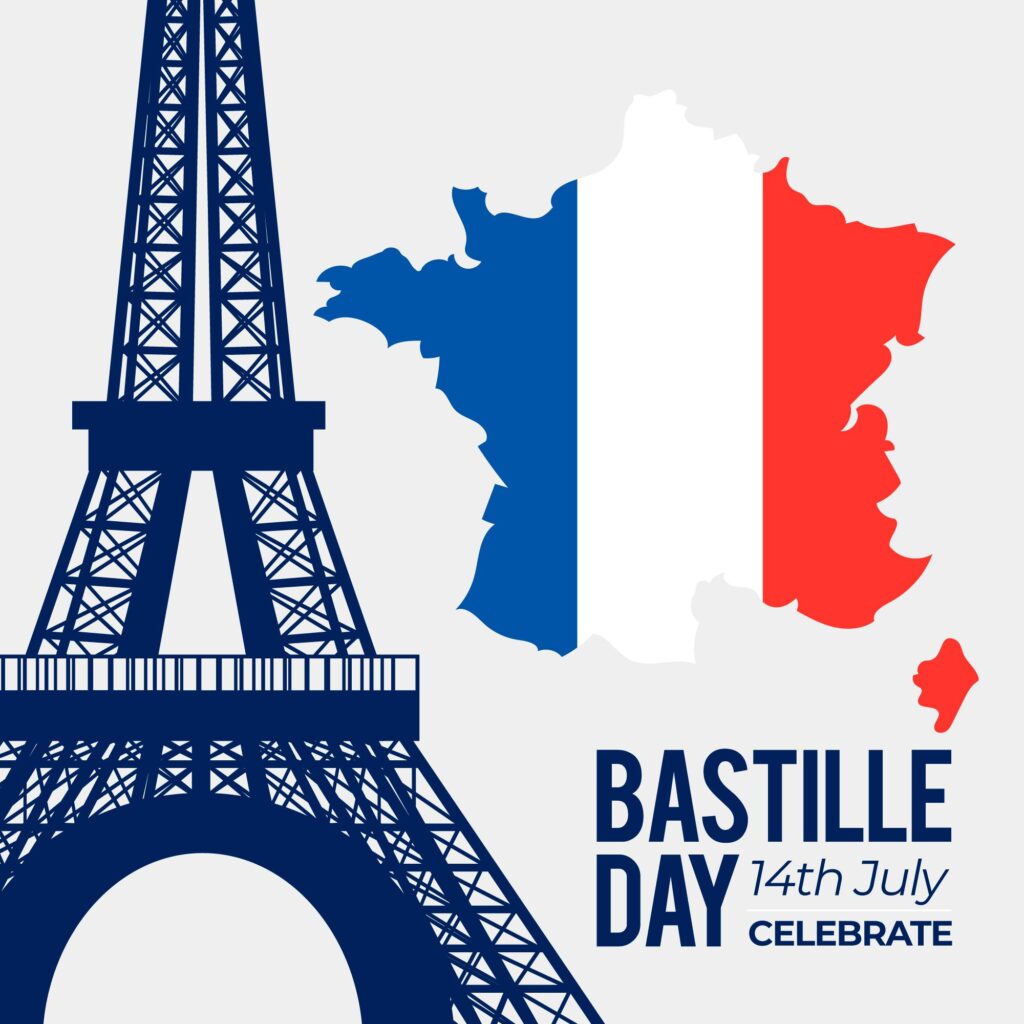The French Revolution: The Overthrow of an Absolute Monarchy

I. Introduction
- The French Revolution was a crucial event in the history of France and the world, lasting from 1789 to 1799.
- It was a time of great social, political, and economic upheaval that fundamentally changed the country and had far-reaching effects on the rest of Europe and beyond.
II. The Causes of the French Revolution
- The Enlightenment and the ideas of the philosophers, including John Locke and Jean-Jacques Rousseau, influenced the French people to question the absolute power of the monarchy and the feudal system.
- The French government was in financial crisis and faced enormous national debt.
- The burden of taxes fell heavily on the poor and middle class while the nobles and clergy were exempt from paying taxes.
III. The Storming of the Bastille
- The French Revolution began with the storming of the Bastille on July 14, 1789, a prison in Paris that symbolized the absolute power of the monarchy.
- The fall of the Bastille marked the beginning of the end of the absolute monarchy and the rise of the power of the people.
IV. The Reign of Terror – French Revolion
- After the fall of the Bastille, the revolution took a radical turn with the rise of the radical Jacobins, led by Maximilien Robespierre.
- The Reign of Terror, a period of intense violence and repression, lasted from 1793 to 1794 and saw thousands of people executed.
- The Reign of Terror marked a low point in the revolution and raised questions about the excesses of the radical faction.
V. The Rise of Napoleon Bonaparte
- After the fall of the Jacobins, the revolution saw the rise of Napoleon Bonaparte, a military leader who rose to power through a series of successful military campaigns.
- Napoleon established a new government, known as the Consulate, and established a new constitution that gave him dictatorial powers.
VI. Conclusion of French Revolution
- The French Revolution was a time of great change and upheaval that had far-reaching effects on France and the rest of the world.
- It marked the end of the absolute monarchy and the rise of the power of the people.
- The ideas and events of the French Revolution had a profound impact on the development of democracy and the modern world.
Overall, the French Revolution was a pivotal moment in history that changed the course of France. And had lasting effects on the rest of the world. The fall of the Bastille, the Reign of Terror, and the rise of Napoleon Bonaparte were just some of the many events that shaped the revolution and its aftermath. Despite its many challenges and difficulties, the French Revolution remains a powerful symbol of the power of the people to bring about change and shape the course of history.






